Everything you think, feel, and do is influenced by the activity in your brain. Even the tiniest disruption in your brain can result in a slew of disorders, illnesses, and mental health issues. Not to mention, if brain damage occurs, it can completely change your life. If you’re suffering from deteriorating mental health, a TBI, or a concussion, neurofeedback could help you. If you’re interested in learning more about Highlands Ranch neurofeedback therapy, we’ve put together a useful guide that answers some of the most frequently asked questions regarding this mental health treatment.
What is neurofeedback and how does it work?
Neurofeedback is a non-invasive therapy that retrains your brain to operate more efficiently; it’s simply biofeedback for the brain. But before we get into how neurofeedback works, let’s take a look at brainwaves and learn how they affect the brain’s capacity to operate.
The electrical impulses produced by your brain when cells communicate with one another are referred to as brainwaves. A person’s brainwave patterns can inform neurofeedback healthcare providers a lot about how they feel and how their brain operates. Your brainwaves reveal information about your cognitive thought patterns, stress levels, mood, and the ability of your brain to function normally.
Prior to your neurofeedback therapy, you’ll complete a qEEG brain map to determine which brainwave frequencies are out of balance. This map will show your neurofeedback specialist which parts of your brain are causing your problems. After the areas of concern have been identified, a personalized therapy plan to retrain your brain will be devised.
We know that the thought of retraining your brain may be frightening. You might even be wondering, “Is a treatment that literally alters the brain safe?”
It absolutely is! Neurofeedback is a perfectly natural and non-invasive treatment. And rest assured: there are no electrical currents employed into your brain during this therapy. Neurofeedback is simply a training tool that utilizes operant conditioning to teach your brain to operate more efficiently.
What can neurofeedback be used to treat?
Neurofeedback can treat a variety of mental health disorders, neurological conditions, and brain injuries. At Braincode Centers, we employ neurofeedback to treat the following conditions:
- Anxiety disorders
- ADHD and other disorders related to focus
- Attachment disorder
- Autism spectrum disorder (ASD)
- Bipolar disorder and other mood-related disorders
- Depression
- Concussions
- Insomnia and other sleep-related disorders
- Memory loss
- Migraines
- PTSD and trauma
- And traumatic brain injuries (TBIs)
We also provide neurofeedback to people who want to improve their performance at work or in their daily lives. Neurofeedback therapy can help your brain work more efficiently, enhance the quality of your sleep, and improve your ability to focus on everyday tasks.
What advantages does neurofeedback have over more traditional therapy options?
There are a variety of reasons why people seek neurofeedback treatment in addition to — or instead of — more standard treatments. A huge advantage of neurofeedback is that it addresses the root of the problem rather than merely mitigating the symptoms. This method can help you find long-term relief while also reducing or eliminating the need for pharmaceutical drugs.
Another significant advantage of neurofeedback is that the treatment has no negative side effects. It can also help you feel more in control of your health by embracing a natural approach to therapy that works on retraining your brain.
Learn more about Highlands Ranch neurofeedback options
If you’re ready to take control of your health and retrain your brain, reach out to us at Braincode Centers. We offer free consultations to see if neurofeedback is right for you.
Contact us today to learn more about our Highlands Ranch neurofeedback offerings.




